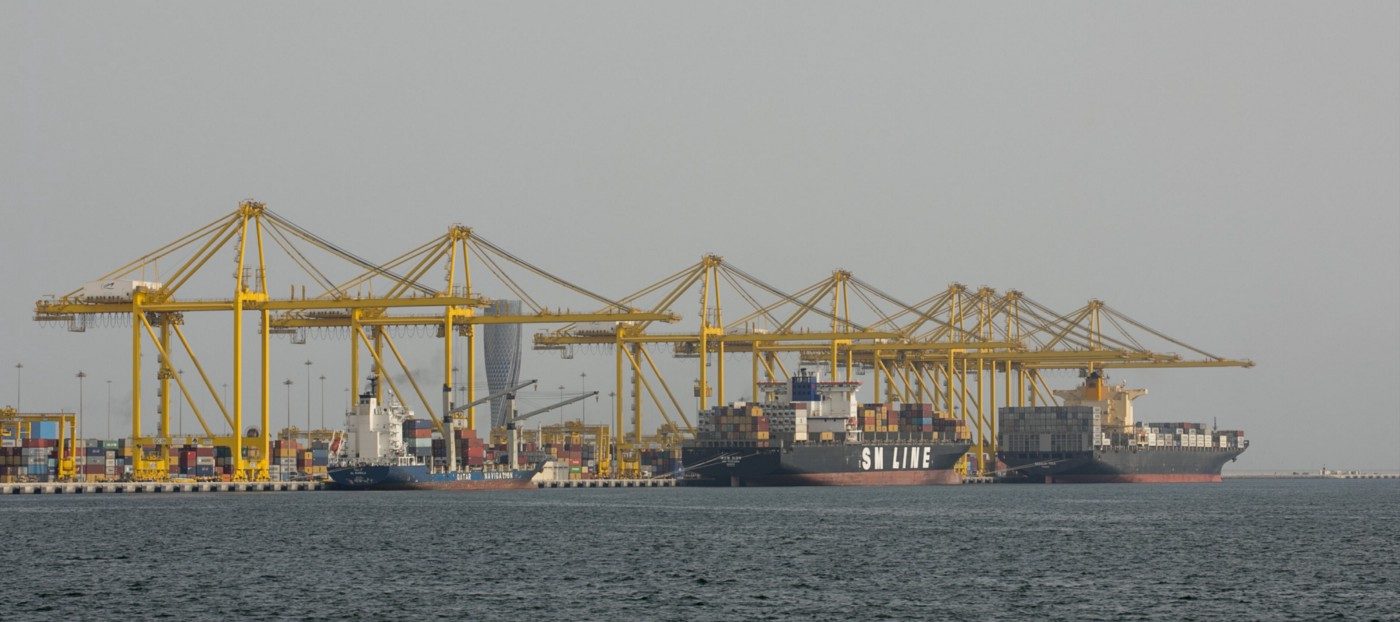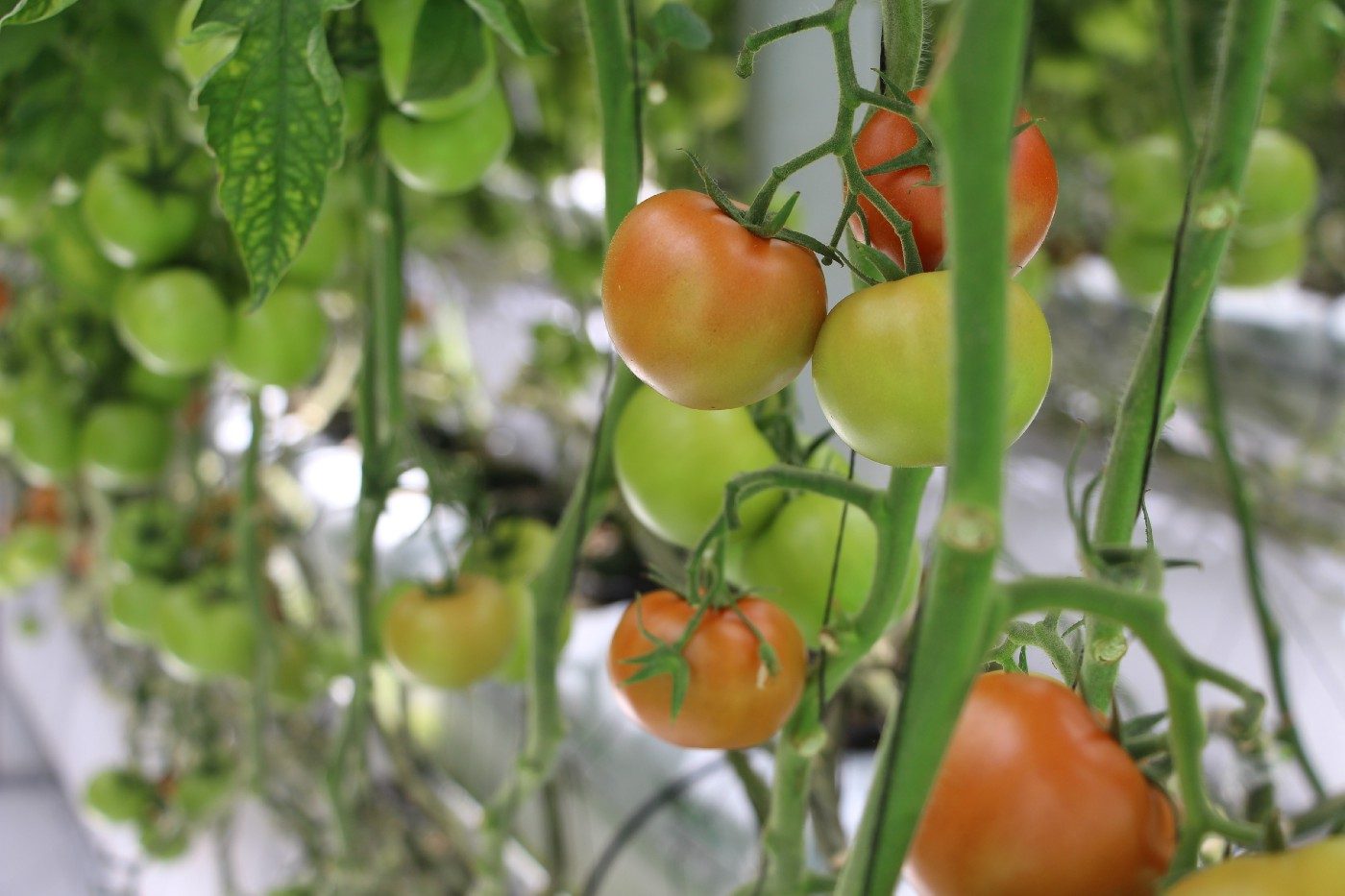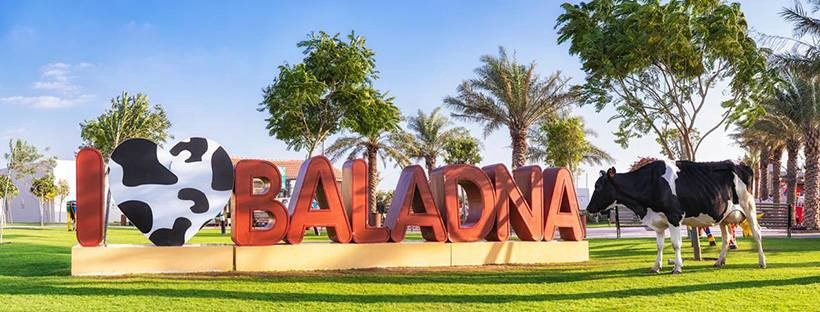By Menatalla Ibrahim
Qatar’s food and manufacturing infrastructure has proven to be robust and resilient in a period of global crisis and supply-based shortage, and it might be thanks to the Saudi-led blockade that was imposed on Qatar three years ago.
On June 5, 2017, Saudi Arabia, the United Arab Emirates, Bahrain, and Egypt cut diplomatic and trade ties with Doha. A sea, land, and air blockade was imposed, preventing the import and export of many goods including important food items. The sudden act disrupted Qatar’s food security — at the time, the country relied on imported goods for more than 80 percent of its food. However, within weeks, various acts were introduced to counter the blockade: Qatar opened its first dairy and meat farm and expanded trade relations with Turkey and Iran. Supermarkets were soon stocked with local goods and people’s interest in buying local produce steadily grew. Buying local, organic produce quickly became a way to eat healthy, as well as show solidarity with Qatar during the blockade.
Fast forward three years later, and Qatar’s supermarket shelves have remained stacked with products amid a global pandemic. Growing produce locally and creating new, dynamic trade routes have greatly supported Qatar in keeping food supplies plentiful.
Before the blockade, there were mainly two routes for imports to come to Doha: through land border, with Saudi Arabia, by trucks or through the Jebel Ali port in the United Arab Emirates. However, in 2017, that all changed, and Qatar had to find new trade routes to avoid food shortage in the country. According to OECD data, imports to Qatar fell by 40% immediately after the announcement of the blockade. Despite the pressure being applied by the embargo coupled with other conspiracies like attempts by the UAE to devalue the Qatari Riyal, Doha was able to stand back on its own two feet. The country showed unexpected resilience through diversifying its trade routes, opening Hamad Port in September 2017 welcoming imports from Turkey, Iran, East Asia and Pakistan.

Furthermore, Qatar started producing various food products locally, including fodder, poultry and dairy products. One of the locally owned farms that excelled in meeting the local market’s needs is Hassad, which was established in 2008. After the blockade, Hassad implemented a two-phase strategy to expand its production in the local market.
“Phase one was a success, which led to an increase in poultry production from seven million to 10 million a year, in addition to increasing egg production from 55 million to 110 million after expansion,” Mubarak Al Sahuti, Executive Director of Hassad told Doha News.
“We’ve also been able to market more than 15 million kilos of vegetables in the local market till now, including 30 different kinds of vegetables,” Al-Sahuti added.
The blockade pushed Qatar to escalate its plan to become more economically independent and sustainable. In the hopes of achieving self-sufficiency, the Minister of Economy and Commerce implemented various projects to increase fodder and dairy production in order to support local farms in Qatar. Consequently, Qatar ranked first in the MENA region in the Economist’s Food Security Index.
Not only that, but the country has also achieved its self-sufficiency goals in poultry and dairy production. From 2017 to 2019, milk production alone increased from 60,000 tons to 230,000 tons, reaching over 106% self-sufficiency. This increase of production also included poultry, eggs, and fodder.

In 2019, Sheikh Dr. Faleh bin Nasser Al Thani announced during his visit to the National Group for Agriculture and Animal Products (Mazzraty) that egg production also rose to 40%, and is planned to increase in the upcoming period.
The increase in production and the lessons that were learned during the sudden transition evidently made the country well-prepared for any future sudden economic threat. When COVID-19 hit, Qatar had already positioned itself to continue production without interruption. Mouaaz Rankoussi, Deputy General Manager of Mazzraty, told Doha News that the pandemic did not affect local production, and that their farms are well-equipped to sustain output in times of crisis.
“The whole concept was built where our reliance on outside resources is minimised as much as possible for two reasons: the first is, of course, self-sufficiency in which the impact of any chaos, like what’s happening today with COVID-19, will not have a huge effect on our production and we are able to produce normally,” said Rankoussi.
“Right now, if Mazraty was cut from the entire world, it would continue to produce chicken for at least 8 months without interruption.”
While supermarkets in the West were left empty shelved with panic buyers fighting over the last roll of toilet paper, Qataris enjoyed discounts and full stocks of “Made in Qatar” products. Thanks to the rapid and decisive steps taken by the government post-blockade, Qatar is well-equipped to control food security amid this global pandemic.







